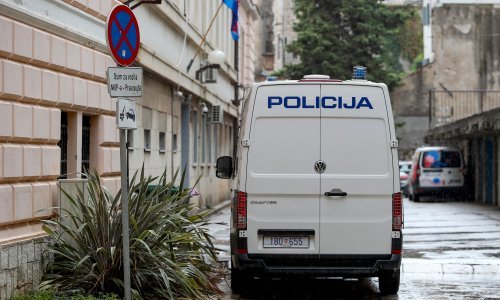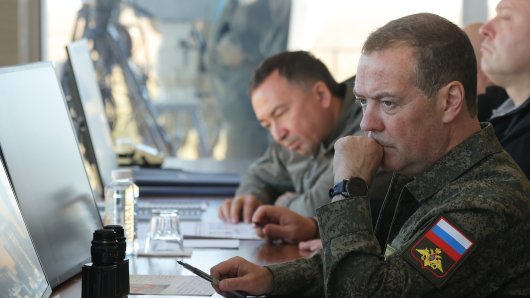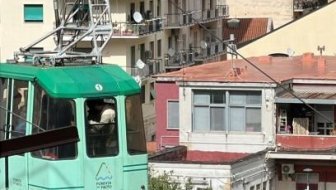The Croatian government on Thursday introduced into Parliament a bill declaring null and void all legal documents of the former Yugoslav People's Army (JNA), its judicial bodies, the judicial authorities of the former Yugoslavia and those of Serbia in which Croatian citizens are suspected, accused or convicted of crimes relating to the 1991-1995 Homeland War in Croatia.
Prime Minister Jadranka Kosor said that the bill was being introduced because Croatia could not allow Serbia to widen its jurisdiction to include crimes committed in the territory of Croatia. "That's contrary to the principles of international criminal law and the principle of territoriality," she said.
"Anyone who committed a crime during the Homeland War must answer for it, but we cannot allow Serbia to widen its jurisdiction under a law it passed in 2003," Kosor said. She added that it was beyond dispute that Croatia had the fundamental right to regulate legal and political relations on its territory as an independent state.
The latest events and indictments relating to Croatian war veterans and the Homeland War, namely those against Tihomir Purda and Veljko Maric, have disturbed the 500,000 Croatian veterans, the prime minister said, recalling that 22,326 members of Serb paramilitary forces had been pardoned by Croatia.
"At the core of this proposal is the protection of Croatia's interests, and we do not need to ask anyone for permission to do that," Kosor said.
The bill says that only Croatian judicial bodies can prosecute Croatian citizens for war crimes, and it does not challenge compliance with the obligations Croatia assumed through the Constitutional Law on Cooperation with the International Criminal Tribunal for the former Yugoslavia in The Hague.
Deputy Prime Minister Slobodan Uzelac was the only cabinet minister to vote against the bill. He said that the bill would mostly affect innocent people who should already have been cleared of any suspicion of wrongdoing during the war and that they would become hostages to unsettled relations between Croatia and Serbia.
"The adoption of this bill would be doubly harmful. On the one hand, it would make the prosecution of perpetrators of war crimes impossible, while on the other it would make the exoneration of innocent people difficult and would prolong that process," Uzelac said.
Administration Minister Davorin Mlakar said that 20 years after the war Serbia was using an unacceptable law, which he described as "a legal act of international arrogance".
Deputy Prime Minister Petar Cobankovic said that Serbia "cannot have the exclusivity to try Croatian citizens." "We must create the precondition for our neighbour to realise that it cannot prosecute citizens of other countries," he added.
Justice Minister Drazen Bosnjakovic said he did not think that the bill would affect the cooperation between the justice ministries of the two countries, but that it was an initiative to ensure that their cooperation was "totally sincere".
"The cases of Purda and Maric and the latest indictments would not have happened had the cooperation been sincere," Bosnjakovic said, adding that Croatia had proved that it could face war crimes and that there was no need for anyone else to try or indict Croatian citizens.




































